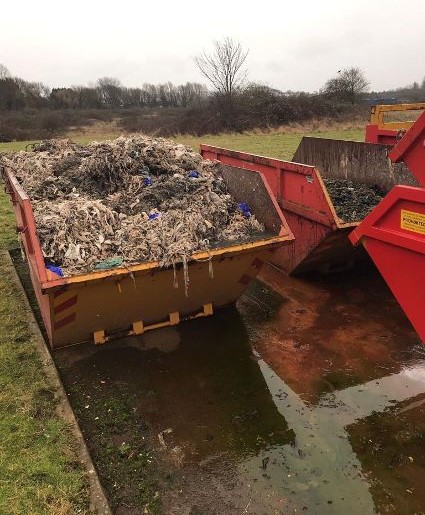With the end of the summer holidays, millions of people are returning to the office – yet for one in four people that means working through the pain. Addressing their health issues would improve workers’ wellbeing, as well as boosting the wider economy.
The Social Market Foundation says that more needs to be done to help the 27% of the workforce who continue working despite being in persistent pain.
Not only are workers with chronic pain more likely to take sick leave, but they are also less productive when they are able to work – due to being in persistent physical pain. Studies in the US suggest this lost productivity costs the economy around 1% of GDP.
The SMF said that an awareness-raising campaign similar to ones around mental health is needed to make chronic pain in the workplace ‘a genuine priority for businesses’, backed up by measures from policymakers to better monitor chronic pain and improve treatment. Yet chronic pain guidelines issued last year by the National Institute for Health and Care Excellence led to concern from doctors that it will be harder for people to access pain management services and medications.
The SMF’s analysis of from the most recent available Health Survey for England data found that women and working class people are more likely to work through chronic pain. In order to improve our understanding of chronic pain and our response to it, the SMF recommends:
· The chronic pain module of the Health Survey for England should be re-run, especially given the impact of COVID-19 on long-term health outcomes
· The National Health Security Agency should commission or carry out research on chronic pain in the UK to understand its costs and impact
· The likely move to decommission chronic pain services should be scrutinised carefully, in case it is counter-productive.
· More support from businesses for their staff, raising the profile of chronic pain in a similar fashion as mental health in the workplace.
Aveek Bhattacharya, SMF Chief Economist, said:
“Most of us at some point or another will have struggled through work despite not feeling fully fit, but it is shocking and disturbing to think that one in four workers in regular pain. We should be doing everything we can to reduce that suffering, simply because it is the right thing to do. It is an added bonus that we can improve people’s engagement with work and their productivity, boosting the economy at the same time.
With the country facing major health and labour market challenges as we emerge out of the pandemic, it is about time that chronic pain received the attention it deserves, from the public, researchers, employers and policymakers.”












